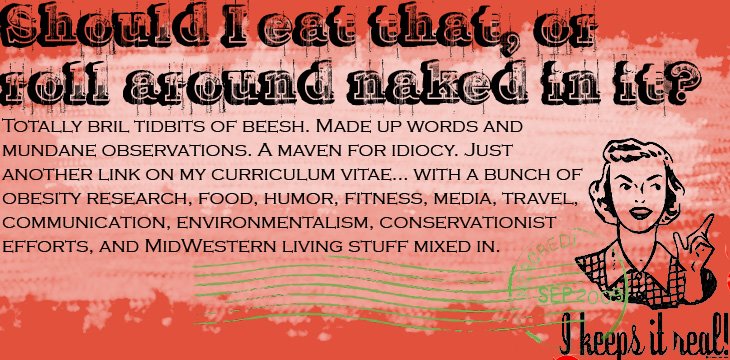My head is spinning so I made Linner (courtesy of Jerry Seinfeld) from stuff I had laying around. Used up all of the blackberries. Now maybe I'll get back to work.

Two weeks left until the official end of the semester. *breathe in, breathe out*
Also, today is Earth Day. Go hug a tree or something.
XO -BA










